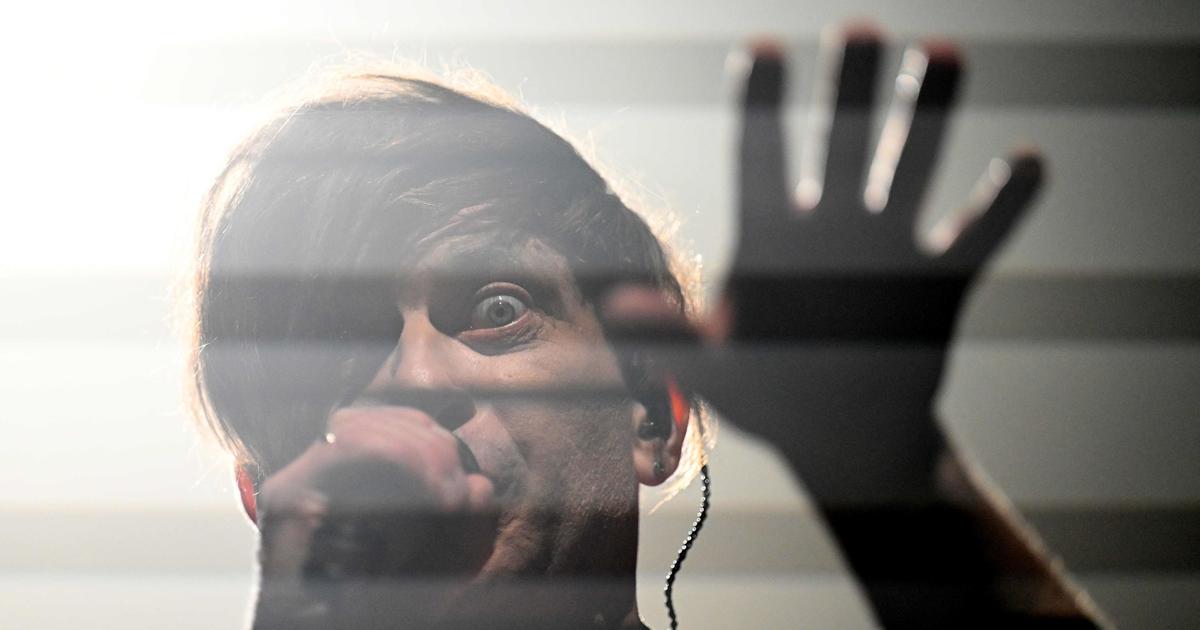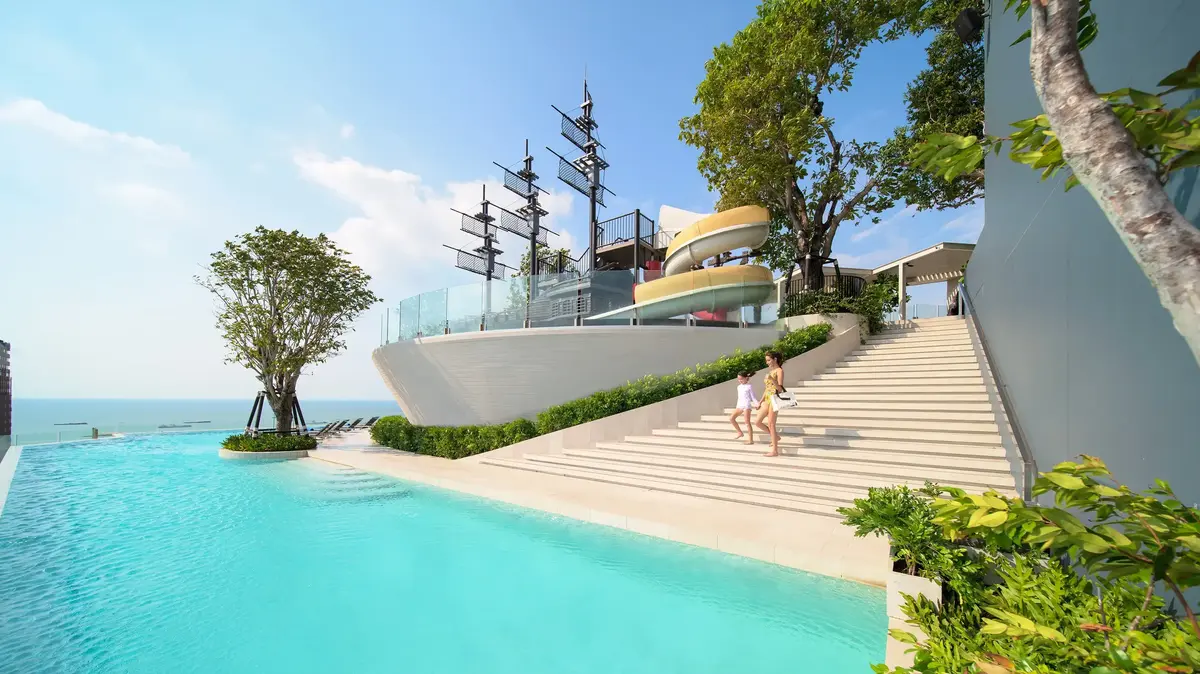Note to readers: EL PAÍS offers the Future Planet section for its daily and global informative contribution on the 2030 Agenda. If you want to support our journalism,
subscribe here.
Thailand reopened its Phuket island on July 1 as part of its Phuket Sandbox project, which allows vaccinated tourists from countries such as Spain, Germany, France and the United States to visit the island without having to quarantine.
Tourism is crucial for the country, since it contributes 6% of GDP.
It is the main source of foreign exchange and employs about 5.4 million people (14.1% of total employment).
But even with Phuket as the first holiday destination to resume business as a test case, the country has announced that it will not fully reopen until at least mid-October, when the population is expected to get the necessary immunization.
More information
How to vaccinate all countries
Belize, how this Caribbean paradise faces the pandemic and builds resilient tourism
We will travel again
According to activists, immunization in Thailand is being "chaotic", mainly due to a lack of transparency on the part of the government. The authorities have very often made contradictory statements or backtracked on previous ones. "Questionable acquisition of doses, coupled with delayed deliveries, has contributed to undermining the vaccination campaign," Andrea Giorgetta, Asia director of the International Federation for Human Rights, explains in an email.
Thai journalist Pravit Rojanaphruk says by phone that the campaign is also being very slow, mainly due to “poor planning”. In his opinion, "the Government did not prepare for the worst case scenario in which new, much more contagious variants would emerge." And coordination between government agencies, "was not synchronized either, with many confusing and competitive platforms for registering vaccines." Neighboring countries such as the Philippines have secured some doses of Pfizer, while the first batch of this pharmaceutical company in Thailand will be 1.5 million injections that will be donated by the United States within several weeks, he exemplifies.
As of July 6, 10.7 million doses had been administered in Thailand, and 2.95 million people had received the full regimen in this country of nearly 70 million. This represents 11.3%. In Bangkok, the epicenter of the latest delta outbreak, with around 1,000 infections a day, few hospital beds remain for critically ill coronavirus patients.
The delta variant is responsible for 70% of people in Bangkok falling ill with covid-19, according to a study by the Center of Excellence in Clinical Virology at Chulalongkorn University. The third and current outbreak has been dominated by the alpha variant and is transmitted 1.7 times faster than the Wuhan strain. While this situation persists, the delta variant is constantly advancing and is 1.4 times more transmissible than the alpha variant. Thailand reported about 289,000 cases on July 6; of them, more than 220,000 have been counted between April and June of this year.
Rojanaphruk criticizes that the government has not managed the vaccination plan well: “It has not prepared for Plan B, not to mention Plan C. It became dependent on the AstraZeneca doses, which could not produce the expected amount, and on Sinovac's, which is much less effective in developing herd immunity ”, he asserts.
As a consequence, people with the fewest resources suffer the most.
"The wealthy can afford to pay for Moderna with a private guarantee, or fly to the United States to receive free injections upon arrival, while ordinary Thais have to wait for the slow deliveries to arrive," he adds.
The delta variant is multiplying cases, is 1.4 times more infectious, and is expected to dominate Bangkok in the coming months
Many Thais also understand that this situation "has been clouded by political interference," says Giorgetta. The company that has the rights to produce AstraZeneca units in Thailand, Siam BioScience, is owned by King Maha Vajiralongkorn, the Thai billionaire monarch and head of state. This company is the only producer of the doses in Southeast Asia and exports them to other countries in the region.
But Giorgetta believes that, despite much criticism about the government's handling of this matter, "few would dare to publicly question this problem, because they can be prosecuted and imprisoned under the law of lese majesty of Thailand." Saying anything that could be perceived as an insult to the royal family carries a maximum penalty of 15 years in prison. This was precisely what happened in January to Thanathorn Juangroongruangkit, the country's most prominent opposition figure, who was charged after expressing doubts about the choice of Siam Bioscience, a company that was not known before.
While Thailand has begun to import the Chinese Sinovac due to the lack of supplies from AstraZeneca, Rojanaphruk says that some Thais “wonder why this choice, since it is not even the cheapest, and it has been commented that it might not be good enough to contain the new delta variant. "
Some rumors have indicated that the company CP Group acquired a 15% stake in Sinovac, although this group, owned by Dhanin Chearavanont, the richest man in Thailand, has denied this and, as the journalist says, "there is no evidence."
The company that has the rights to produce the Astrazeneca vaccine in Thailand, Siam Bioscience, is owned by King Maha Vajiralongkorn, the Thai billionaire monarch and head of state.
Comparing Thailand to other countries in the region is difficult, as many factors come into play, Giorgetta argues.
"The problem here is that Thailand was supposed to become the center of regional production of a certain vaccine, but that has not happened and it is detrimental to the country and its people, as well as to other territories that trusted them." , the Mint.
Rojanaphruk recalls that Thailand "reacted very well" during the first and second wave of covid in 2020, even "much better than other countries such as Spain."
But everything has changed with the arrival of the new variants and the slow delivery of supplies does not help.
Health Minister Anutin Charnvirakul has reiterated the government's promise to protect at least 70% of the population by the end of the year to return to normal life, reopen the country to tourism and revive the economy.
To do this, they would have to administer hundreds of thousands of punctures every day.
While Phuket has started receiving vaccinated tourists, since June 28, and for 30 days, new restrictions have come into force in Bangkok and five other surrounding provinces to curb the covid outbreak.
It is not allowed to dine in restaurants, shopping centers must be closed before nine at night and parties, celebrations or activities that involve a gathering of more than 20 people are not allowed.
FUTURE PLANET can follow on
,
and
, and subscribe
here
to our 'newsletter'
.








